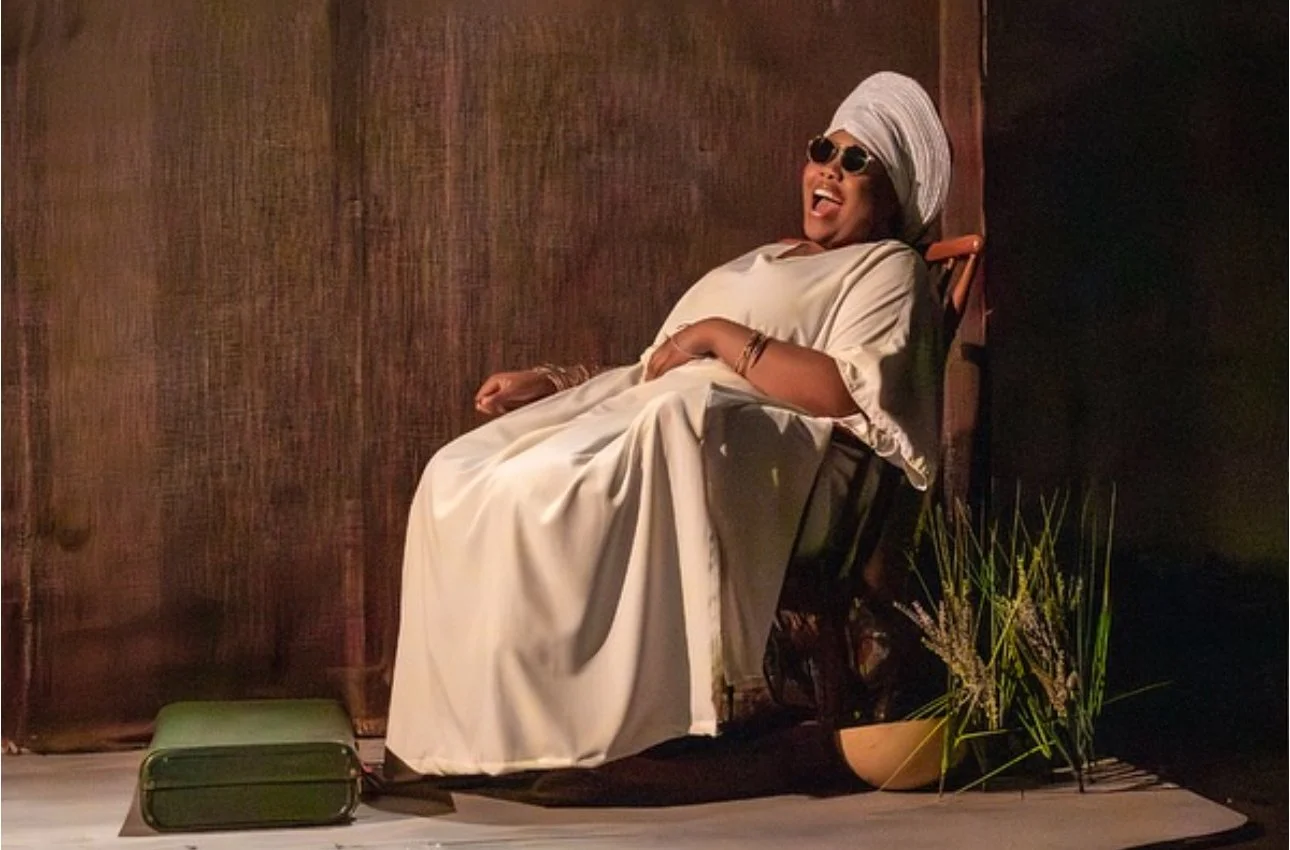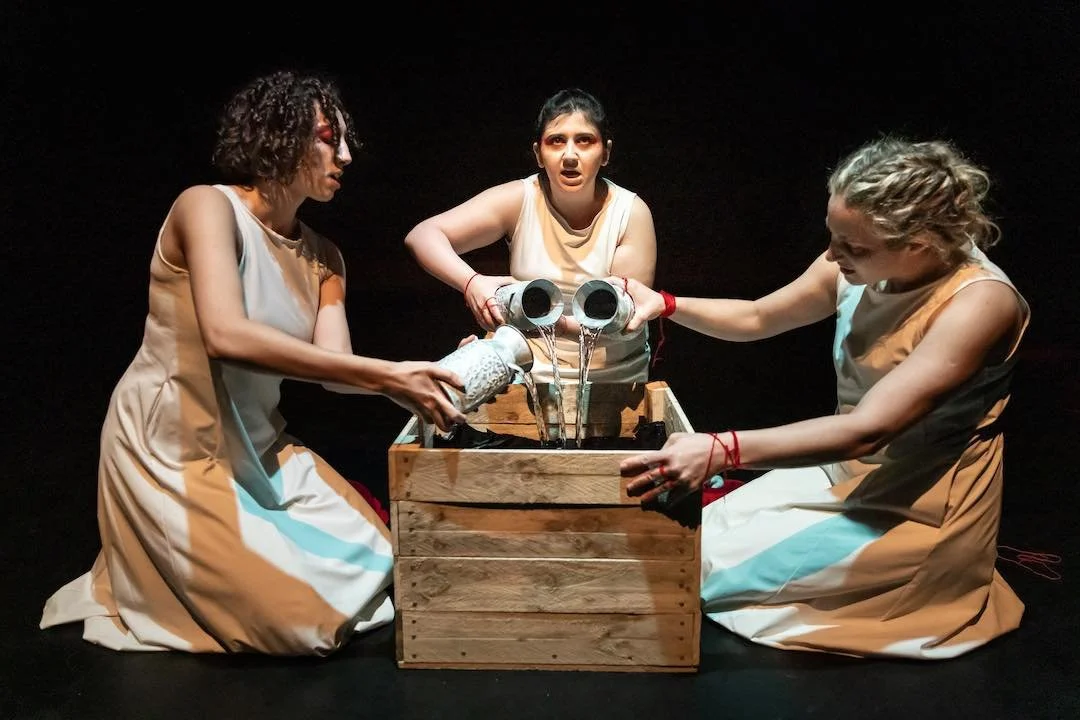Latest News
Stay updated with the latest news, discourse and announcements at MAV.
Meet the 5 Producers Selected for NEWPRINT 3—Ready to Transform Live Events
Multicultural Arts Victoria (MAV) is thrilled to announce the five outstanding producers selected for the NEWPRINT 3 program! Selected by industry veterans thndo, N’fa Jones, Neda Rahmani and Kily Safari, we’re welcoming five incredible producers from across Naarm/Melbourne with talents and experience across multiple areas in the music and arts industry!
REVIEW: Threads of Fate and Freedom in Αριάδνη / Ariadne
Alkitsi Pitsaki's reimagining of the tale of Αριάδνη / Ariadne, in their eponymously titled play, re-centres the Cretian sister of the Minotaur in an ancient yet timeless production that parallels the feminine struggle for identity, voice, and to be remembered, that persists today.










